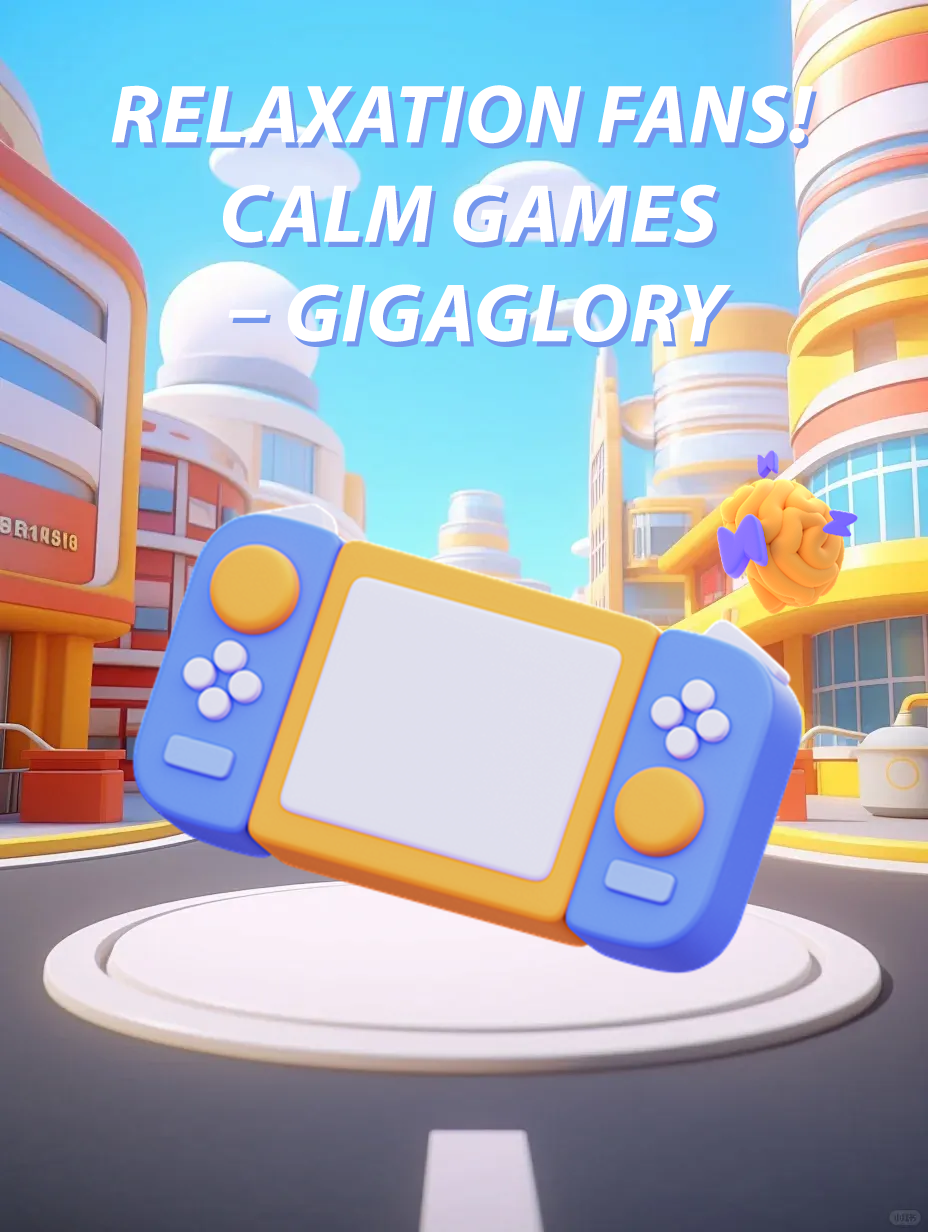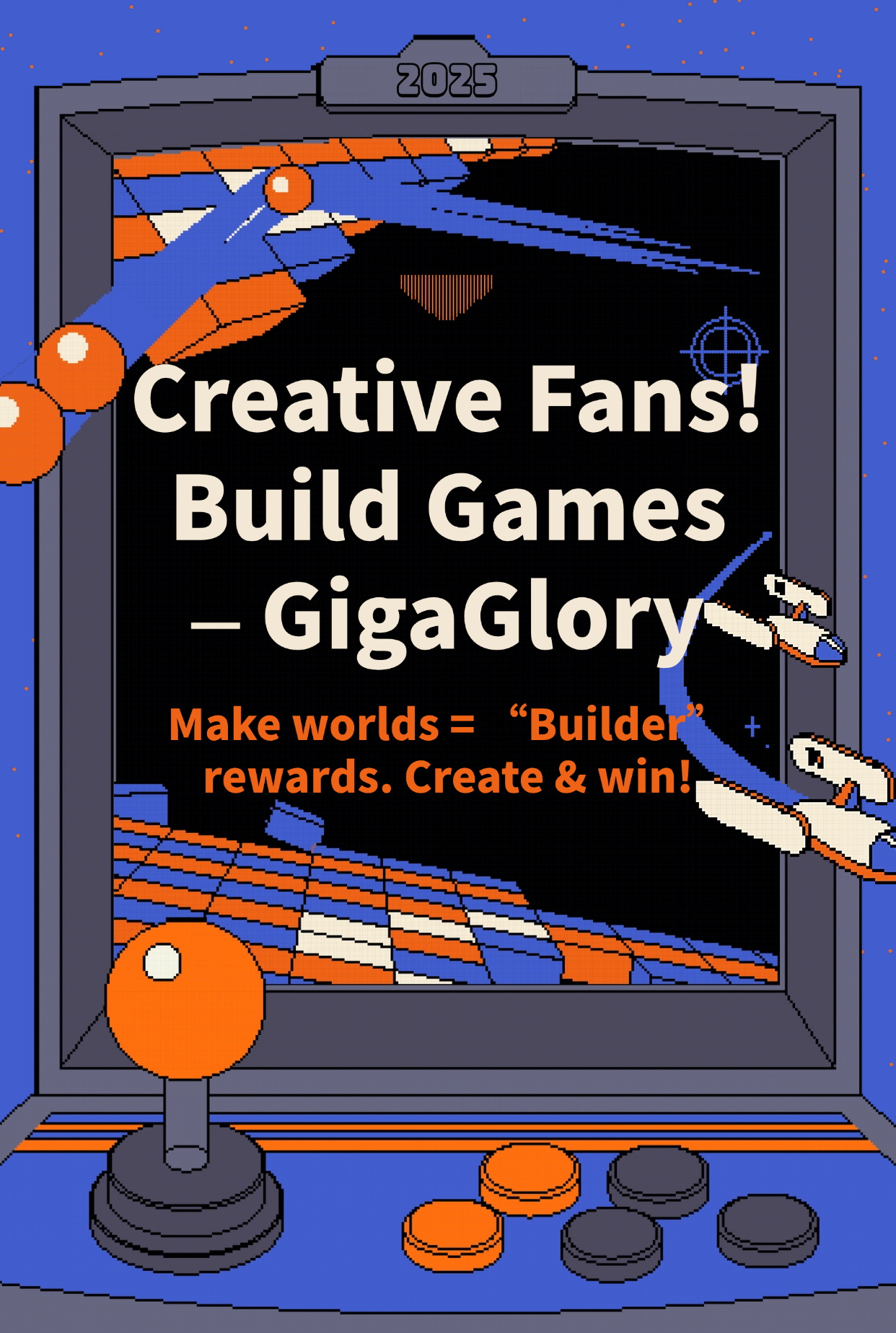From MMORPGs to Life Simulation Games: How Virtual Worlds Shape Our Real Lives
As technology continues to evolve, the boundaries between gaming and reality blur more than ever. MMORPGs (Massively Multiplayer Online Role-Playing Games) and life simulation games offer players unique experiences that can influence various aspects of their daily lives. Whether it's the community aspects of MMORPGs or the real-life simulations provided by titles like Skylanders Imaginators, the impact of these digital environments cannot be ignored. In this article, we will explore how these virtual worlds shape our real lives, focusing on the transitions from MMORPGs to life simulation games.
The Rise of MMORPGs and Their Influence
MMORPGs have become a significant aspect of modern gaming culture. They immerse players in expansive worlds where they can create their avatars and interact with thousands of others. These environments foster connections that might not otherwise exist in the real world. Here are some key points on the influence of MMORPGs:
- Community Building: Players form strong communities, making friends and allies as they fight together in epic quests.
- Skill Development: Many games require strategic thinking, teamwork, and problem-solving, which translate into valuable real-world skills.
- Emotional Engagement: The narratives in MMORPGs can evoke a wide range of emotions, helping players to process their feelings and experiences.
Transition to Life Simulation Games
Following the popularity of MMORPGs, life simulation games emerged as another genre that allows players to engage in experiences mirroring real life. Titles like The Sims and Animal Crossing have revolutionized how we perceive daily life.
| Game Title | Key Feature | Real-life Application |
|---|---|---|
| The Sims | Character customization and life events | Understanding social dynamics and managing responsibilities |
| Animal Crossing | Community interaction and resource management | Building relationships and personal finance management |
Life simulation games encourage players to make decisions that reflect personal values and priorities. Players can experiment with different life paths without real-world consequences, learning valuable lessons along the way. These games provide a safe space to explore complex situations, enhancing emotional intelligence and decision-making skills.
Integrating Lessons from Gaming into Daily Life
The lessons learned from MMORPGs and life simulation games can extend into players' real lives in multiple ways. Here are some specific examples:
- Time Management: Players often balance multiple quests and activities, honing their time-management skills.
- Conflict Resolution: Navigating conflicts with other players can improve negotiation skills and conflict resolution techniques.
- Goal Setting: Both genres encourage goal setting, as players work toward specific achievements or milestones, which is highly transferable to personal and professional aspirations.
The Role of “Mario RPG Post Game Bosses”
Interestingly, elements from classic games like Mario RPG, particularly the challenging "post game bosses," also have parallels in MMORPGs and life simulation games. These bosses serve as significant challenges that test players' skills and determination.
- Perseverance against Challenges: Players must sometimes retry battles multiple times, fostering a mindset that embraces challenges rather than avoiding them.
- Development of Strategy: Each attempt teaches the player new strategies, which can be applied to their everyday problem-solving.
Conclusion
In conclusion, the evolution of MMORPGs into life simulation games showcases the growing influence of virtual worlds on our real lives. These games provide us with more than just entertainment; they serve as venues for community building, skill development, and life simulation. As we continue to immerse ourselves in these digital landscapes, it's crucial to reflect on the valuable lessons they offer, helping us navigate and improve our real-world interactions and decisions.



